Israeli delegation secretly arrived in Sudan after military coup: Report
In a stunning revelation, an Israeli regime delegation reportedly visited Sudan in the past week, after the overthrow of the civilian-led transitional government led by Prime Minister Abdalla Hamdok.
According to reports, the delegation comprising members of Israel’s notorious spy agency Mossad met with Sudan’s military leaders, including Gen. Abdel Rahim Hamdan Dagalo, a senior official of the Rapid Support Forces, a Sudanese paramilitary force that staged a coup d'état against Hamdok on Oct. 25.
The Times of Israel in a report claimed that the Israeli delegation’s visit to Sudan was aimed at getting “a better impression” of the situation in the North African country and how it “might impact efforts to finalize an agreement to normalize relations” between Khartoum and Tel Aviv.
It has led to speculation that the coup could have been engineered by the Tel Aviv regime to have a friendlier ruler in Khartoum.
Sudanese military led by coup leader Gen. Abdel Fattah Burhan seized power last week, after detaining Hamdok and other civilian leaders and dissolving the year-old transitional government as well as the ruling joint military-civilian sovereign council.
He also declared a state of emergency and vowed to form what he called a competent government.
The move drew anger and outrage across the North African country and sparked international outcry, including from the UN Security Council. Protests have been underway for the second week in row.
While the coup has been censured everywhere, the regime in Tel Aviv has chosen to be silent. Experts see it as an approval of the Sudanese military’s actions by the Israeli regime.
Burhan, according to the Israeli media, had been a more prominent player leading normalization effort with the Tel Aviv regime.
Notably, days prior to the coup, a delegation of the Sudanese military officials had also embarked on a visit to Israel, lending further credence to the growing narrative of secret dalliance between them.
The Sudanese delegation was led by Daglo, the coup mastermind who reportedly received and played host to the Israeli delegation in Khartoum following the coup.
Khartoum’s normalization with Tel Aviv
Sudan agreed to normalize ties with the Israeli regime in October last year as part of the US-led so-called Abraham Accords, a month after the United Arab Emirates and Bahrain signed similar détente deals with Tel Aviv brokered by Washington.
The normalization deals were condemned by the resistance movement in Palestine as a brazen betrayal of the Palestinian cause.
However, the development of relations between the two sides has been slower than Israel’s growing ties with the United Arab Emirates, Bahrain and Morocco. An official normalization deal has to go through the Sudanese parliament before it comes into effect.
Pertinently, in an interview last month, Sudan’s foreign minister had downplayed the normalization between the two sides and stressed that there were no plans to establish an Israeli embassy in Khartoum, which apparently ruffled a few feather in Tel Aviv.
‘Return of govt. only solution to Sudan crisis’
Sudan's ousted premier Abdalla Hamdok has stressed that the reinstatement of his civilian government could “pave the way to a solution” to the country’s crisis, the information ministry said.
Speaking during a meeting with the envoys of the United States, Britain and Norway at his home on Monday, Hamdok insisted on the “legitimacy of his government and transitional institutions", the information ministry said on its Facebook page.
He stated that "the release of the cabinet ministers and the full reinstatement of the government could pave the way to a solution".
He also refused to negotiate with the military rulers.
Hamdok had shared power with the country's military leadership following the ouster of former Sudanese President Omar al-Bashir more than two years ago.
Hamdok is presently under effective house arrest, while other civilian leaders are in military detention.
'Detained civilian leaders in dangerous legal situation'
Earlier on Monday, a Sudanese lawyer representing the detained civilian leaders expressed concern about their well-being and said their whereabouts are unknown.
AFP cited Kamal al-Gizouli as saying that the detainees were in the “most dangerous legal situation", since nothing was known about their case or who was heading the investigation.
"We call on all sides mediating to resolve the crisis to demand that the whereabouts of these ministers and politicians be known," said Gizouli.
Sudanese and international mediation efforts have been underway to find a solution to the crisis in the North African country since the coup.
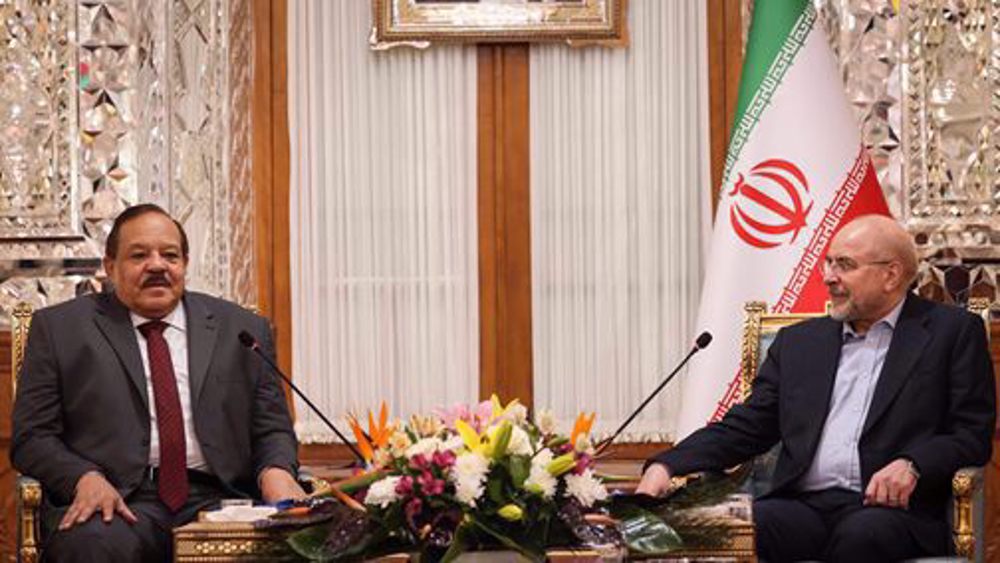
Iran urges establishment of stability, sovereignty in Sudan: Qalibaf
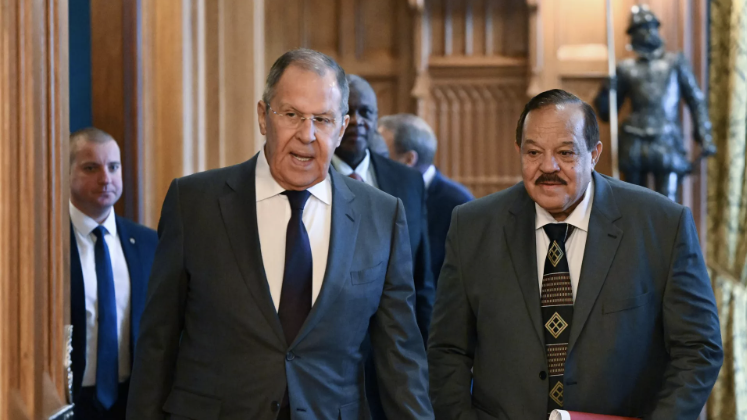
Russia secures agreement for naval base in Sudan
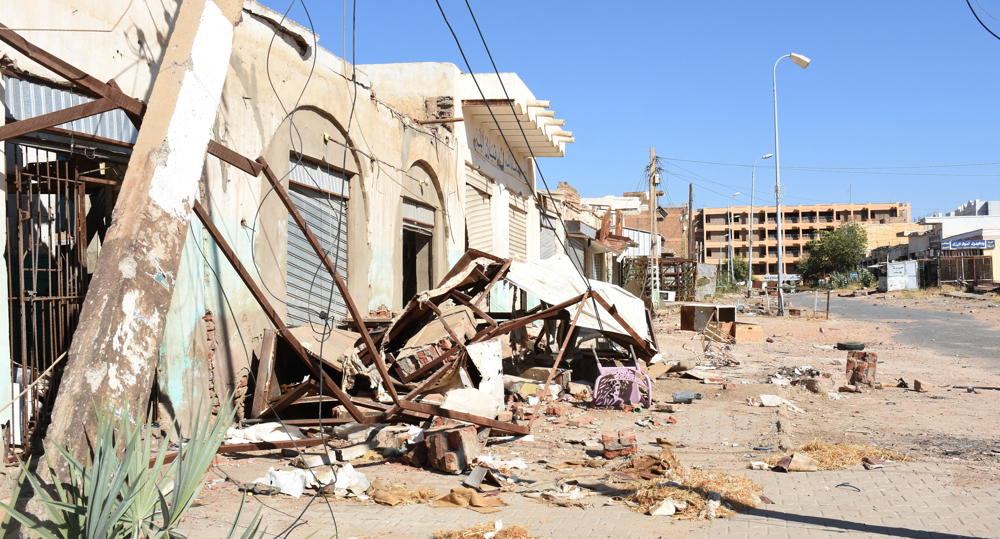
ICC seeks arrest warrants over alleged war crimes in Sudan’s Darfur
Navy commander: Five operational, training flotillas deployed to intl. waters
Yemeni forces target US warplane: Report
Iraq denies it is resuming oil exports from Kurdistan under US pressure
Qalibaf: Resistance achieved ‘strategic, tactical’ victory against Israel
‘Petroleum demand will rise despite global push for renewables’
Israel delays release of Palestinian prisoners after Hamas handed over captives
VIDEO | Press TV's News Headlines
VIDEO | Iran kicks off military drills, showcases advanced defense capabilities


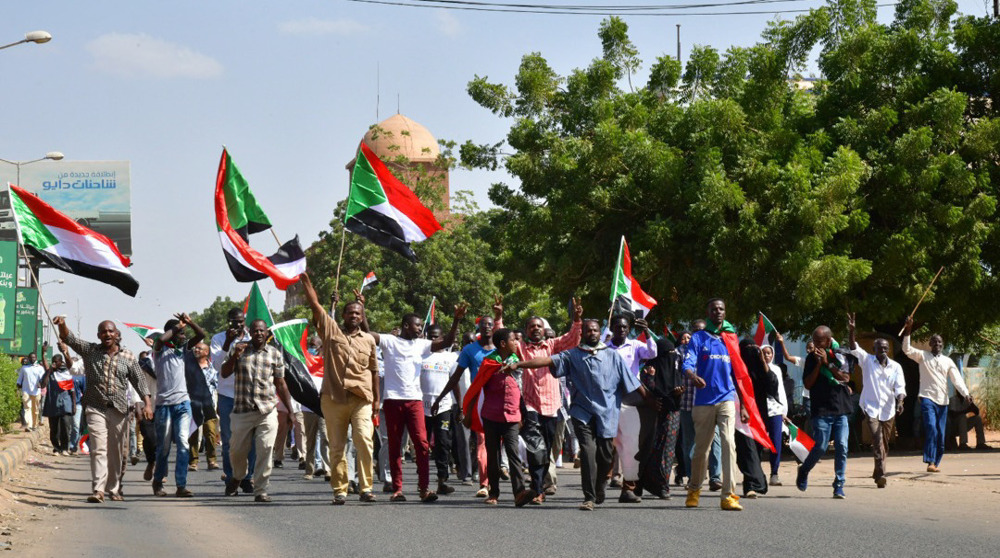
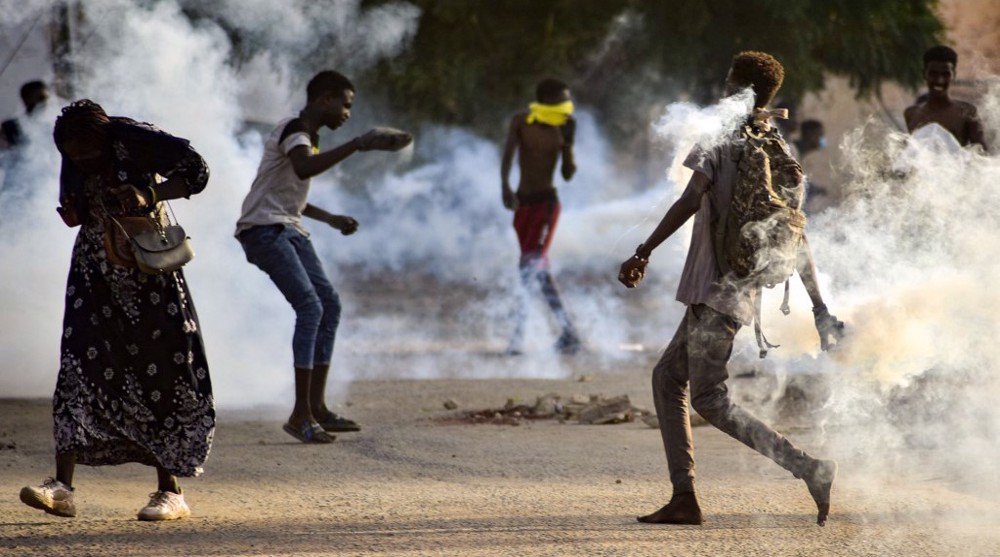
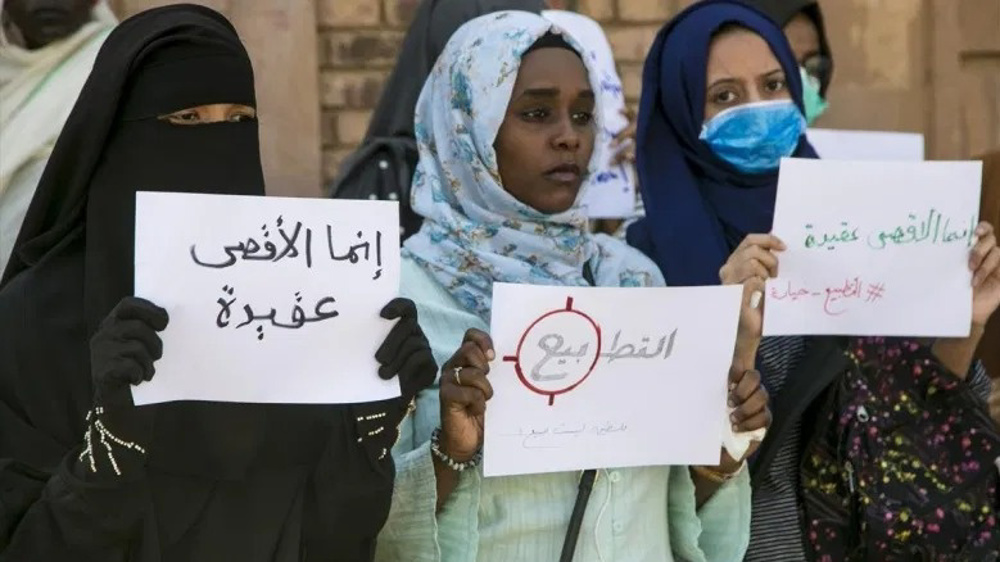



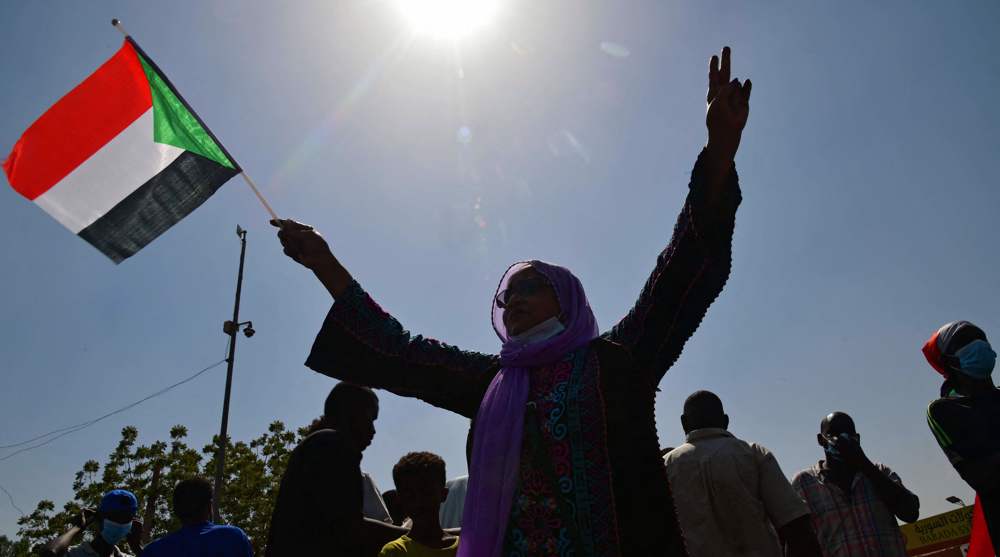
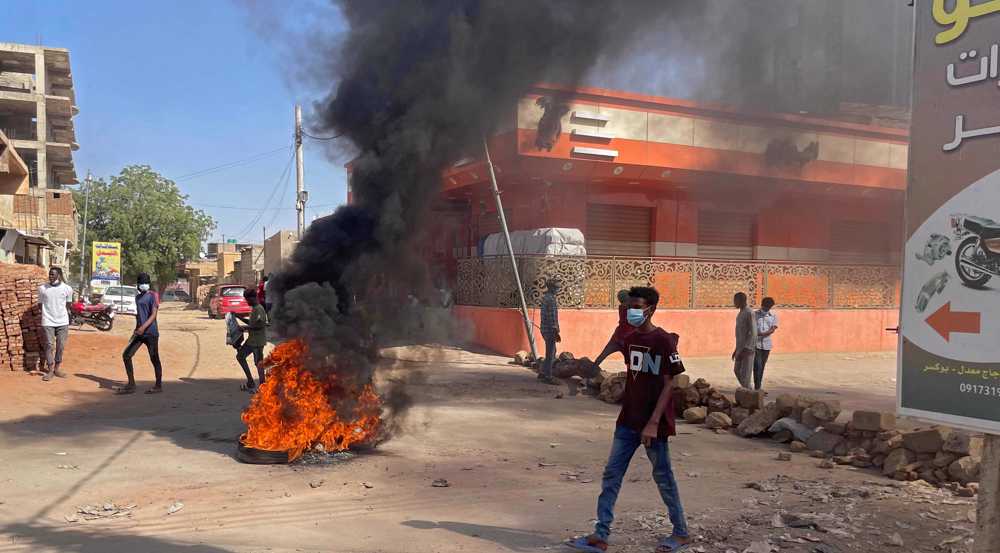
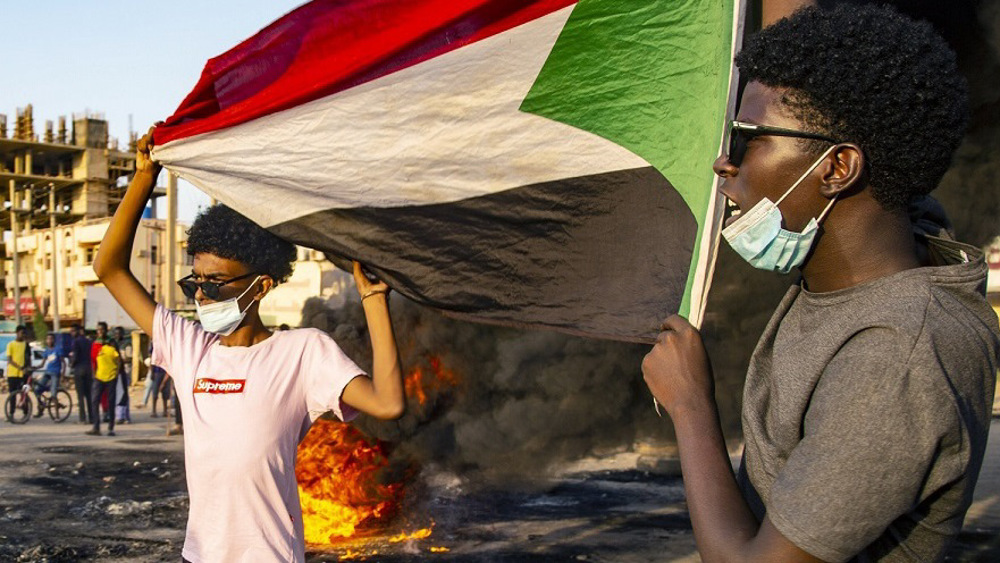
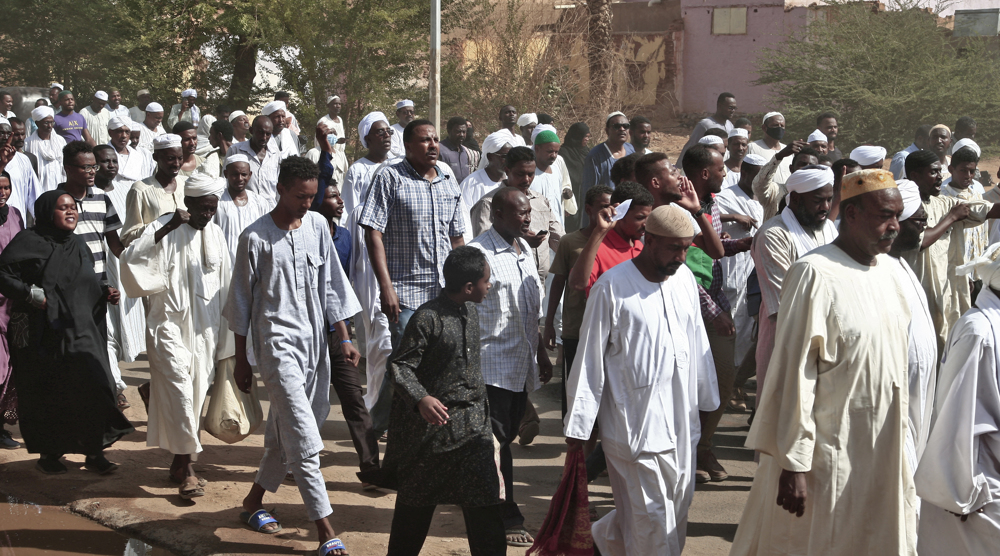
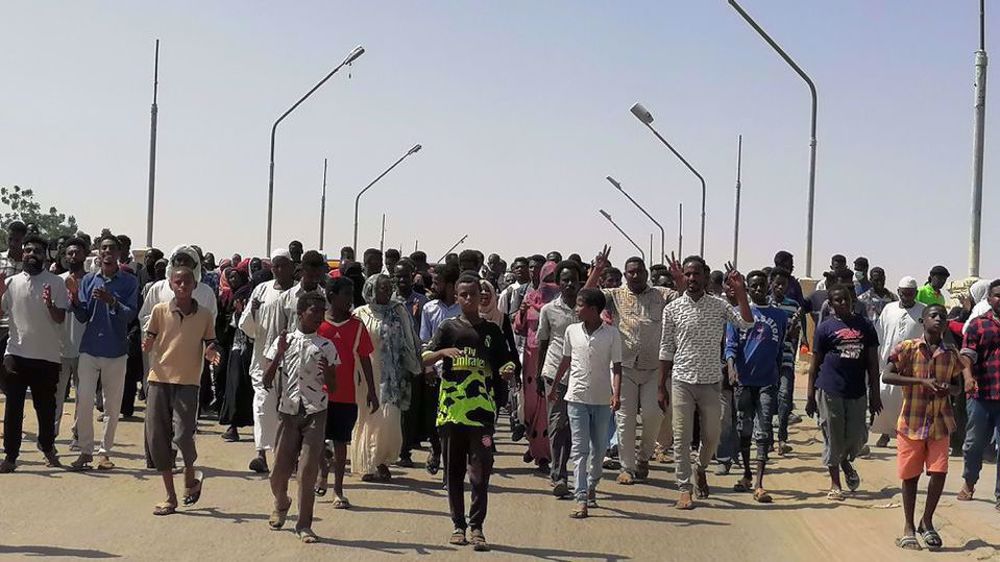

 This makes it easy to access the Press TV website
This makes it easy to access the Press TV website